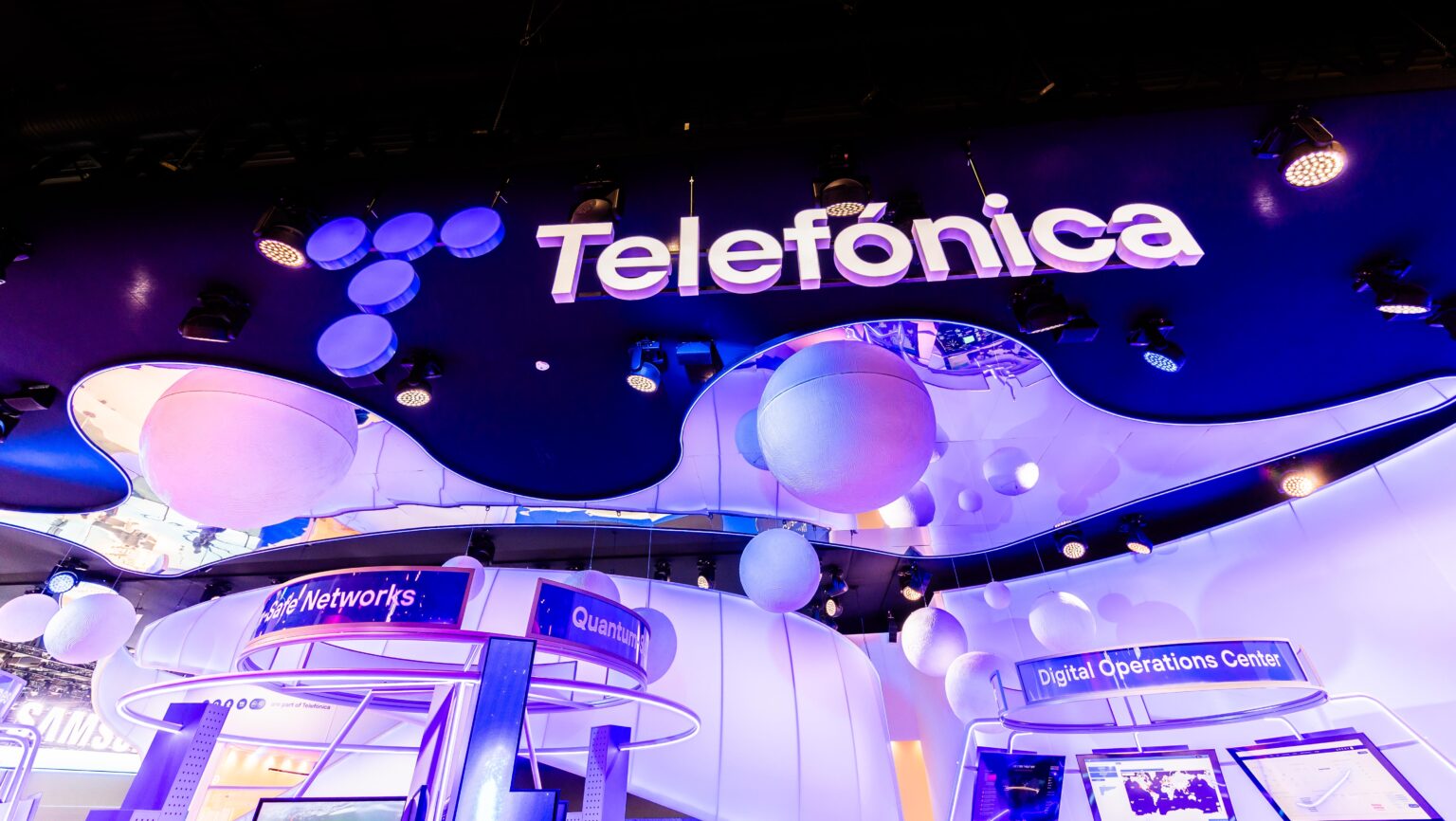(This summary has been automatically generated with AI, its content may differ from the original video in Spanish)
Argentina is once again facing a pivotal moment in its competition enforcement landscape. The recent and unexpected announcement of a deal between Telefónica and Telecom has stirred debate around the effectiveness and coherence of Argentina’s merger control regime.
Since the 1999 Competition Law, Argentina has had a framework for merger control, which, in principle, requires prior notification and approval before transactions can be consummated — a standard known as ex-ante control. However, due to ambiguities in the wording of the original legislation, for many years companies were allowed to close and even implement transactions before notifying the authority, a practice that undermined regulatory oversight.
In 2018, Law No. 27.442 was enacted with broad political support. It clarified the requirement for pre-merger notification and introduced a prohibition on consummation prior to clearance by the authority. Nevertheless, this legal improvement was partially undone by Decree 480/2018, issued shortly after the law was passed, which effectively suspended the prohibition on early consummation. Experts, including Pablo Trevisán (one of the architects of the 2018 law and former commissioner at the National Commission for the Defense of Competition — CNDC), have argued that this decree is unconstitutional, as it overrides the very principles of the law it was meant to regulate.
The Telefónica–Telecom deal has brought this issue into sharp focus. The transaction — valued at approximately $245 million — was announced without prior approval and, according to some reports, was already considered a done deal by the parties involved. This prompted the CNDC and the Secretary of Commerce to issue a precautionary measure suspending the transaction temporarily, using a legal tool known as a tutela anticipada. This provision, designed to prevent irreversible harm to competition, allows the authority to freeze deals that might raise concerns, even before a full investigation is completed.
This case is particularly sensitive given the history of political pressure in large telecom mergers in Argentina, such as the 2017 merger between Telecom and Cablevisión. Trevisán recalls the heavy pressure during that process and highlights how regulatory independence remains fragile: the current competition authority is still designated by presidential decree, without a competitive selection process, contrary to what the 2018 law mandates.
The lack of an independent Competition Authority continues to be a structural weakness. While the law envisages a tribunal with significant autonomy and technical rigor, its implementation has been stalled. Without this institutional backbone, decisions are susceptible to political influence — particularly in strategic sectors like telecommunications, where stakeholders often have close ties to political and economic elites.
Moreover, Argentina’s broader regulatory context is evolving. The government is pushing for privatizations and new incentive regimes (such as the RIGI framework) to attract foreign investment. These plans require coordination with competition authorities to ensure that market structure and fairness are not compromised in the process.
In short, the Telefónica–Telecom case underscores the tension between legal design and political reality in Argentina’s competition policy. It demonstrates the urgent need to restore genuine ex-ante merger control, strengthen institutional independence, and ensure that regulatory decisions are based on technical merit rather than political expediency.
